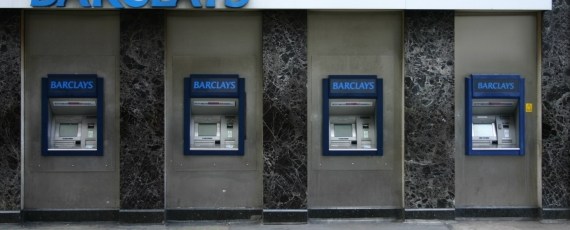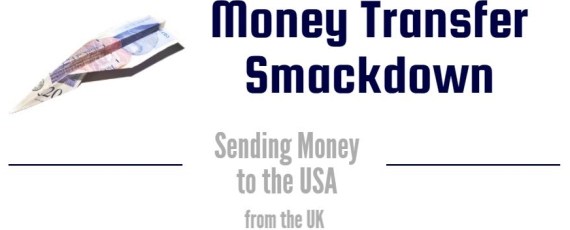
Bank accounts are more difficult to get in the UK than any of my experiences in the US. Even to be added as a joint holder of a long standing account, you’ll need bank references from the US, or wait to have been resident for a few years, but each bank is different.
Cheques and Chequing Accounts
Yes, they really spell it with a "Q". A chequing account is called a Current account, each bank has several versions of them for different needs, some varying fees, etc., like in the US. It would be advised to bring bank references and past bank statements with you if you can, and as soon as arriving, getting some utilities into your name, or having your name added to accounts of spouses. It can be easier to get store credit cards than getting a bank account!
It is very important to have a Current account, bill paying is simple, all bills payments can be made at your bank or by direct debit for convenience. Most employers pay by direct deposit (BACS). Each bank manager has their own policies, so if you have trouble with one, try another bank if you can.
Current accounts come with debit cards, either Switch/Maestro, Solo or Visa Delta cards, the eqivalent of the US check/debit cards, and are accepted at most shops, sometimes with cashback if you need. These are most all chip and pin cards, no signatures required.
The ATM machines are called "cash machines" or "cash points".
Bank Types
There are three types of banks, High Street Banks, Building Societies, and Direct Banks.
High Street Banks are the main banks, such as Royal Bank of Scotland (RBS), HSBC, NatWest (owned by RBS), Citibank, and Barclays. Building Societies such as Woolich, Abbey National (Santander) and Halifax were created for those who wanted to save in order to buy a house and offer pretty much the same services as the other banks. Direct Banks such as Co-op (Smile.co.uk) and First Direct don’t have branches, but you can bank with First Direct at the Post Office and Co-op bank at their grocery outlets and post office branches. They are telephone/internet banks which have grown in popularity over the last few years and it may be easier to get an account with them. Citibank is one that has expatriate services, so if you have trouble, you might want to check them out. Safety deposit boxes are also not available at all banks, so if you will require one, ask around.
Writing Cheques
A sample cheque, note the pounds and pence are both written out and ended with “only”. With some cheques, there is no line for the signature, but it still goes there. Any account or other reference numbers are written on the back, or sometimes following the payee name, and generally are not endorsed (signed on back) as was in the US unless made out to "Cash".
Pounds and pence are both written out, finishing with “only” or “exactly”. If you are asked that the cheque be “Crossed Account Payee Only”, most cheques these days are preprinted this way, with vertical lines across the face. It only means that a cheque can only be paid into the bank account of the Payee and not cashed. The only cheques I've seen that are not crossed payee only are government refund cheques.
Credit
Credit is another story, strangely, as they don’t use an equivalent of a Social Security number here, part of the information that they use to evaluate your credit applications is your address. It used to be that, if you’ve just moved into a residence where the last occupant had bad credit, it would affect your ability to aquire credit due to the history of the address. You may be unable to get credit cards at one address, and be suddenly able to within days of moving.
If you have a bank account, and debit card, it isn't difficult to obtain store credit cards. The major credit cards, however, are usually gotten through the banks with your Current banking account. If you are denied for whatever reason, the letter that you receive will give you contact iformation for credit reporting agency that contributed to the decision so that you can inquire as to the content of the credit report, as in the US.
If you have credit cards in the US, you may want to ask them about the possiblity of transferring to UK. Your bank will be able to help you with further financing questions, be it mortgage or other loans. Be advised that some independent mortgage brokers and financial advice services are not as independent as they claim.
It has been suggested many times in the discussion forums that people might benefit from keeping hold of their US Bank account and using the address of family for mail. It is then much easier to make any student loan or other payments to the US.

